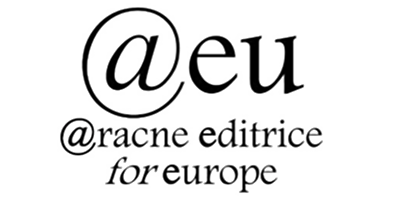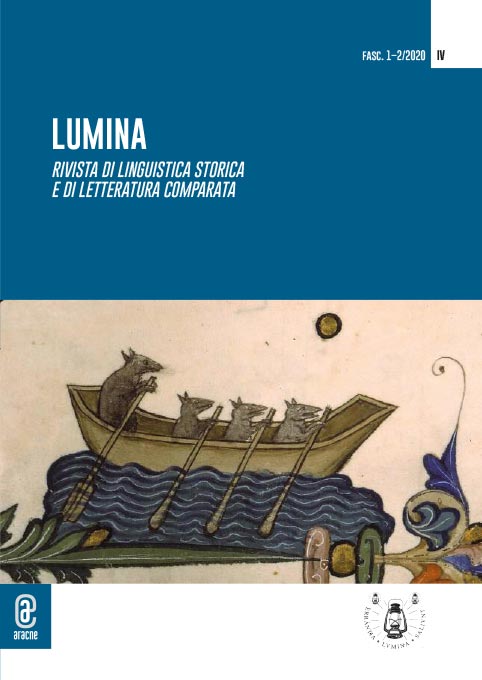Extracted from publication Lumina
Between “Prelaw” and “Law”. Magico-Religious Heritage and the Integration of Public and Sacred in Ancient Greece
DOI: 10.53136/97912804142817
Pages: 149-174
Publication date: March 2021
Publisher: Aracne
Nel contesto politico-giuridico della Grecia classica il rapporto tra prediritto e diritto denota un carattere dinamico e non meramente cronologico; in tal senso, non appare possibile individuare uno spartiacque definitivo e assoluto tra la dimensione “pregiuridica” e il mondo del diritto vero e proprio. Più in particolare, si è evidenziato come l’apparizione di quella che è stata definita quale “funzione giuridica autonoma” non abbia affatto eliminato le eredità magico-religiose integrate nel tessuto sociale; al contrario, nel quadro della sostanziale caratterizzazione dell’elemento sacro e religioso nella polis greca, l’organizzazione cittadina sembra avere in qualche modo piegato a propria utilità l’elemento soprannaturale, percepito sì come ad essa preesistente, ma per nulla estraneo, proiettando così le proprie istituzioni nella sfera dell’ordine divino. In tale complesso contesto viene qui analizzata la terminologia magico-sacrale del diritto penale, dei sacrifici, delle forme di giuramento dei magistrati e degli efebi, nonché – in giudizio – delle parti e dei testimoni. Ugualmente, viene esaminata e interpretata la compenetrazione tra l’ambito pubblico e quello sacro resa evidente dall’analisi testuale dell’epigrafia monumentale.
In the political-legal context of classical Greece, the relationship between prelaw and law is not chronological, but dynamic; in this respect, the divide between the “prelegal” dimension and that of the law is somehow blurred. More specifically, it has been pointed out that the development of the so-called “autonomous legal function” did not eliminate the magico-religious heritage integrated into the social tissue; on the contrary, in the frame of the characterization of the sacred and religious element within the Greek polis, the structures of the city would have taken advantage of the pre-existing supernatural element, preceived as preexistent but not alien, incorporating it by projecting the city’s institutions into the sphere of divine order. In this context, the magico-sacral terminology of criminal law, of sacrifices, of magistrates’ and ephebes’ oaths is here analysed, as well as – before court – of the oaths taken by parties and witnesses. The compenetration between the public and sacred sphere is also examined and interpreted, as it emerges from the textual analysis of monumental epigraphy.




